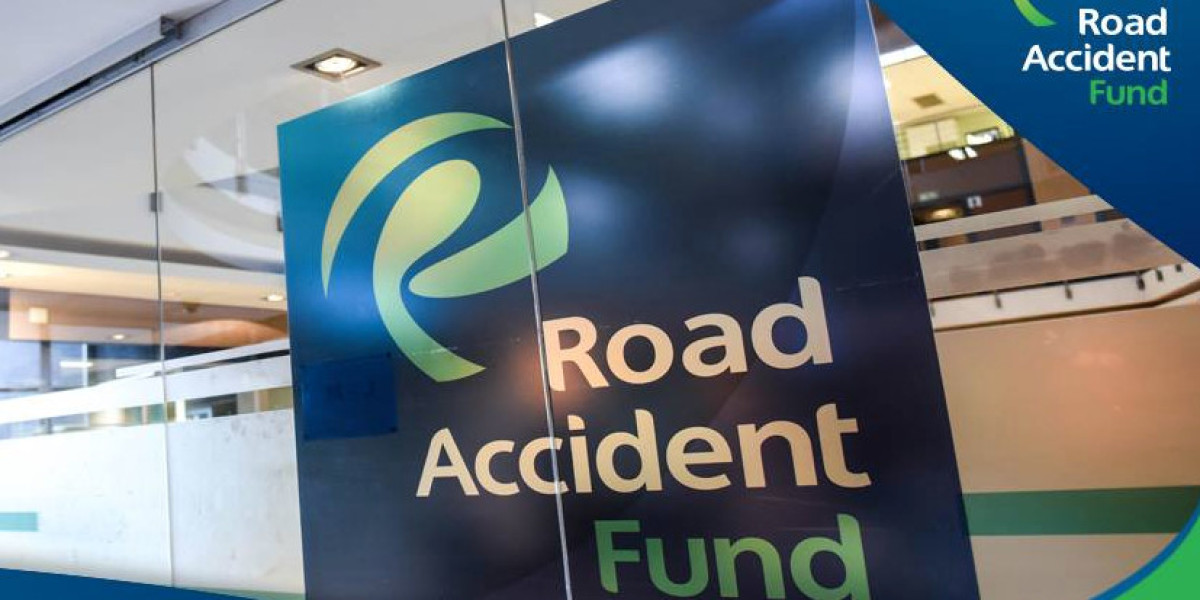This article delves into the reasons behind the RAF's non-compliance and the repercussions for victims and service providers.
In a dramatic turn of events, the Road Accident Fund (RAF) has come under scrutiny for its failure to comply with over 1,300 court orders, resulting in the seizure of its assets by the Sheriff of the Court. The RAF, tasked with compensating victims of road accidents, providing healthcare services, and covering treatment costs for patients at state hospitals, has allegedly neglected its responsibilities, leaving a trail of unpaid claims and debts in its wake.
According to a report by Netwerk24, a law firm took action by submitting the court orders to the Sheriff, leading to the seizure of approximately R113 million worth of RAF assets. Among the outstanding debts are R63 million owed to Benoni's Sunshine Hospital and R20 million for personal claims, with the remainder owed to various other service providers.
The Sunshine Hospital, which caters to road accident patients with 200 beds and four theatres, has been particularly hard-hit by the RAF's non-payment. Despite its crucial role in providing essential medical care, the hospital was forced to close its doors a year ago due to the RAF's failure to settle its outstanding debt of R394 million. While a Pretoria High Court order in August 2023 mandated the RAF to pay R301 million, allowing the hospital to reopen, payments ceased after only six months, exacerbating the financial strain on the institution.
The RAF's financial woes raise questions about its funding model, primarily reliant on a levy imposed on each litre of fuel sold in South Africa. Despite the ever-increasing demands on its resources, the levy has remained stagnant since the 2021/22 financial year, prompting concerns about its sustainability.
Organisations like the Organisation Undoing Tax Abuse (Outa) have expressed skepticism about the government's approach, suggesting that the lack of increase in the levy may be politically motivated, especially in an election year. Outa argues that while the government may be reluctant to address fiscal deficits, increasing the levy could alleviate financial pressures and ensure the RAF's continued operation.
The National Treasury's decision not to adjust the RAF levy, coupled with the general fuel levy, translates to significant tax relief, amounting to approximately R4 billion over the financial year. However, critics warn that this relief comes at the expense of essential services and could exacerbate the challenges faced by victims of road accidents and healthcare providers.
As the RAF's financial woes persist, stakeholders are left grappling with the consequences of its non-compliance and the broader implications for road safety and public health. With mounting pressure to address the RAF's funding shortfall, the government faces tough decisions ahead as it navigates the delicate balance between fiscal responsibility and social welfare.








